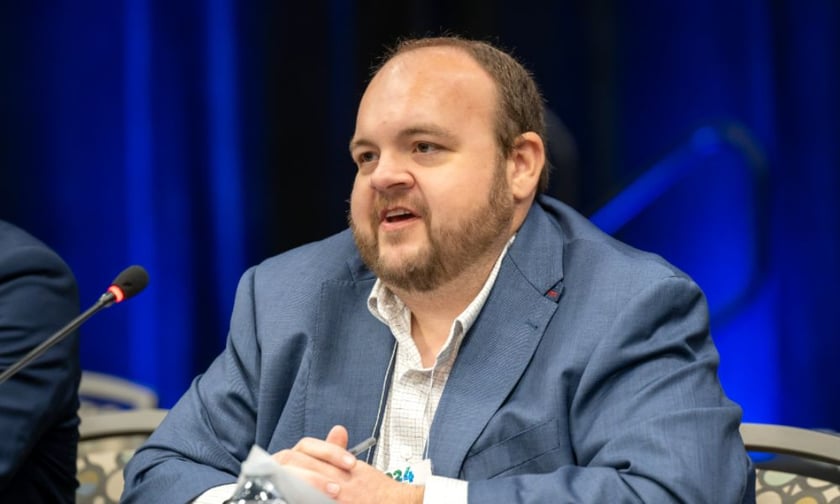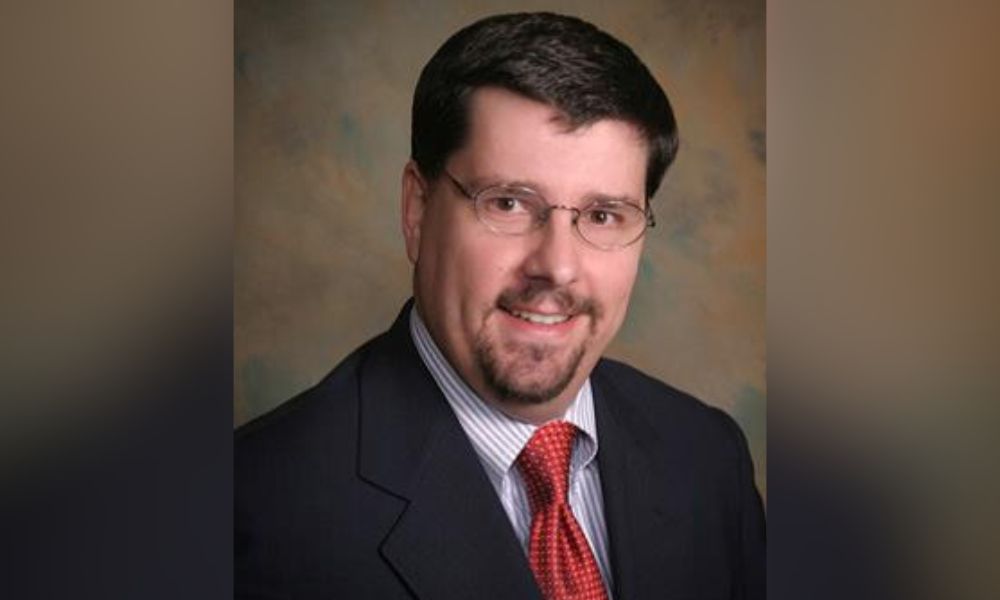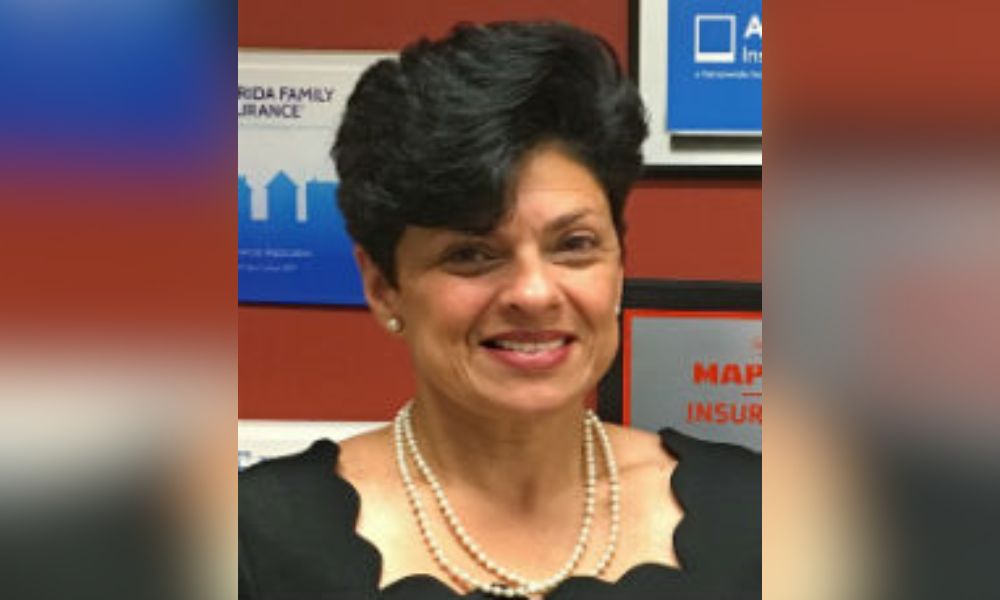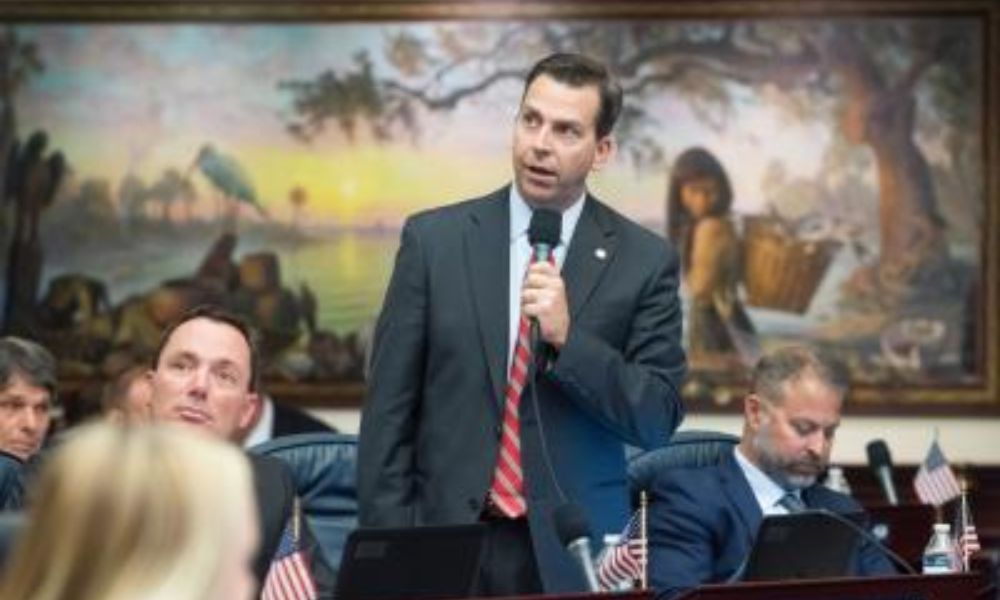

No state has been hit harder by catastrophic weather events or had a harder insurance market than Florida over the last few years, but the state’s top regulator says things are turning around.
“We’re seeing companies entering the state, returning to the state or generally beginning a growth cycle again,” Florida Insurance Commissioner Michael Yaworsky (pictured above) said in a recent interview with Insurance Business. “We’re seeing, generally, a recovery, stabilization taking place.”
Earlier this month, the Florida Office of Insurance Regulation approved eight property and casualty insurers to enter Florida. In the same April 3 announcement, it said that domestic insurance companies in the state had almost broken even in combined net underwriting compared to losing $1 billion annually in the previous three consecutive years.
The regulator also said that Citizens Property Insurance Corp., the state’s insurer of last resort, obtained net income of $746 million in 2023 compared to a $2.2 billion loss in 2022. It has approved 13 companies to assume more than 354,000 policies from Citizens this year.
Despite the optimistic report, the Florida insurance market continues to struggle in many ways. Over the last three years, several insurance companies -- including Progressive, Farmers, AAA, Bankers and AIG -- stopped renewing homeowners’ and other policies in Florida, while nine companies were declared insolvent or merged into other companies. Substantial rate hikes are occurring on a regular basis.
But after just over a year in office, Yaworsky remains confident the Florida insurance market is on an overall upward trajectory.
“We’re moving in the right direction,” he said. “It’s important that we get to the point where consumers begin to feel that.”
Yaworsky attributes the improvement in part to legal reforms. In 2022, the state’s legislature approved a change in how attorneys’ fees are determined. So called one-way attorneys’ fees can only be obtained if an insurer totally denies coverage for a claim.
“It was about restoring rationality to our litigation environment,” Yaworsky said. “What we’re seeing is a lot of carriers are buying into that idea that we have a much fairer judicial process.”
A former chief of staff in the Office of Insurance Regulation, Yaworsky was instrumental in the legal reforms that the legislature approved in 2022, said Robert Gordon, senior vice president of policy research and international at the American Property Casualty Insurance Association.
“He helped spearhead some of the legal reform analysis,” Gordon said. “It was actually some of his work that we used to try to educate people about the harm that the legal system abuse was causing to consumers in Florida."

But a Florida attorney who specializes in representing policyholders said the attorney-fee changes hurt ordinary customers who file suits against insurers. The prospect of obtaining attorneys’ fees often is the incentive for lawyers to take on the case.
“It seemed to me wrong headed to throw that out,” said Mark Boyle (pictured immediately above), a partner at Boyle, Leonard & Anderson, which has offices on Ft. Myers and Tampa. “I call it the grandma’s roof problem. Smaller consumers and small businesses need the protection of these claims. [Big insurers] have a massive advantage. You’re playing poker with a billionaire who has more risk, time and litigation tolerance.”
Yaworsky also credited a tightening of the window to file post-hurricane insurance claims from three years to one year as a factor in the state’s improving insurance market.
Just as he’s skeptical of the efficacy of legal reforms, Boyle also doubts that a public official like Yaworsky – or any legislation – can make a difference in Florida given the hegemony of Mother Nature, who determines if a hurricane makes landfall and wreaks havoc.
“I don’t think the commissioner has done a good job or a bad job,” Boyle said. “He’s trying to address something through policy that can’t be addressed through policy. You can’t change the risk of living in Florida.”
Others give Yaworsky high marks.

Dulce Suarez-Resnick (pictured immediately above), a vice president at Acentria in Miami, gives Yaworsky credit for streamlining decisions on insurers’ rate-hike requests, an exercise that is known for delays.
“What he’s tried to do is change that perception – not be lenient but to speed up the process and be more efficient,” Suarez-Resnick said.
She also said Yaworsky has been trying to identify at a zip-code level localities that are most impacted by the ceiling Citizens puts on coverage and ways to address the problem.
“This is a great approach,” Suarez-Resnick said. “He’s trying to do everything within his power. He’s hearing what agents are telling him.”
State Rep. Toby Overdorf (pictured right below), R-St. Lucie, praised Yaworsky for being a good salesman for the Florida insurance market as competition for coverage from other states has increased.

“He’s done a great job bringing new insurance companies to the state and showing what progress we’ve made,” Overdorf said. “The commissioner has been very responsive to public pressure.”
Yaworsky often hits the road to meet with insurance executives to try to persuade them to start – or resume – doing business in Florida.
“There’s a lot of ongoing dialogue,” Yaworsky said. “We believe firmly that there is opportunity in our marketplace for private carriers to do well over time. We showcase that. What they’re looking for…is a sentiment that Florida wants to work with companies to make sure we have that marketplace.”
While Yaworsky is trying to attract more insurers to Florida, everyone is keeping their eyes on the health of Citizens, which is where Florida residents turn when they can’t find insurance anywhere else.
Last month, Florida Gov. Ron DeSantis called Citizens insolvent, an assertion that Citizens disputes. Yaworsky is more optimistic about Citizens, which holds about 1.24 million policies, down from 1.41 million last fall.
Yaworsky said some of the criticism of Citizens focuses on the actuarial soundness of its rates. He said it had $8 billion in its surplus in 2015. After several hurricanes, a “litigation crisis” and the pandemic hit in intervening years, it still has $5 billion in the bank today.
“It’s still a very stable entity,” Yaworsky said. “We’re feeling good about where Citizens is now. We’re hopeful for the future.”
Overall, Yaworsky gives himself a “solid B” after his initial year in office. For instance, he touts “the elevation of market conduct” and the creation of a deputy commissioner for market conduct.
“There’s always room for improvement,” he said. “It’s a tough market. We’ve had some success along the way.”
Yaworsky can propose legislative and administrative solutions to challenges in the Florida market. What he can’t do is control the weather that has so much influence over the affordability and availability of coverage in the state.
“The wind is going to do what the wind is going to do,” he said. “We just have to hunker down and be ready for it.”
